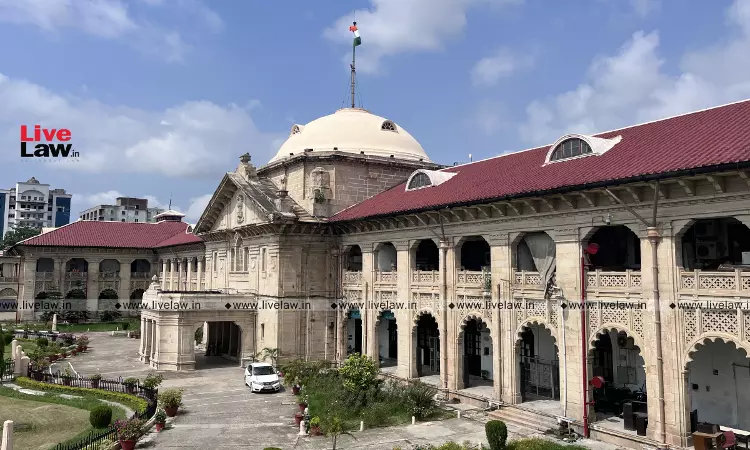Litigant Can't Be Held Responsible For Counsel's Failure to File Appeal Within Statutory Period Of Limitation: Allahabad High Court
Upasna Agrawal
11 July 2024 12:04 PM IST

Next Story
11 July 2024 12:04 PM IST
The Allahabad High Court has held that a litigant cannot be held responsible for her/his counsel's inaction in filing the appeal within the statutory limitation period.In the case at hand, the Appellants filed a special appeal against the order passed by a Single Judge in a Testamentary Suit rejecting the application by the second appellant seeking transposition as plaintiff in place...
